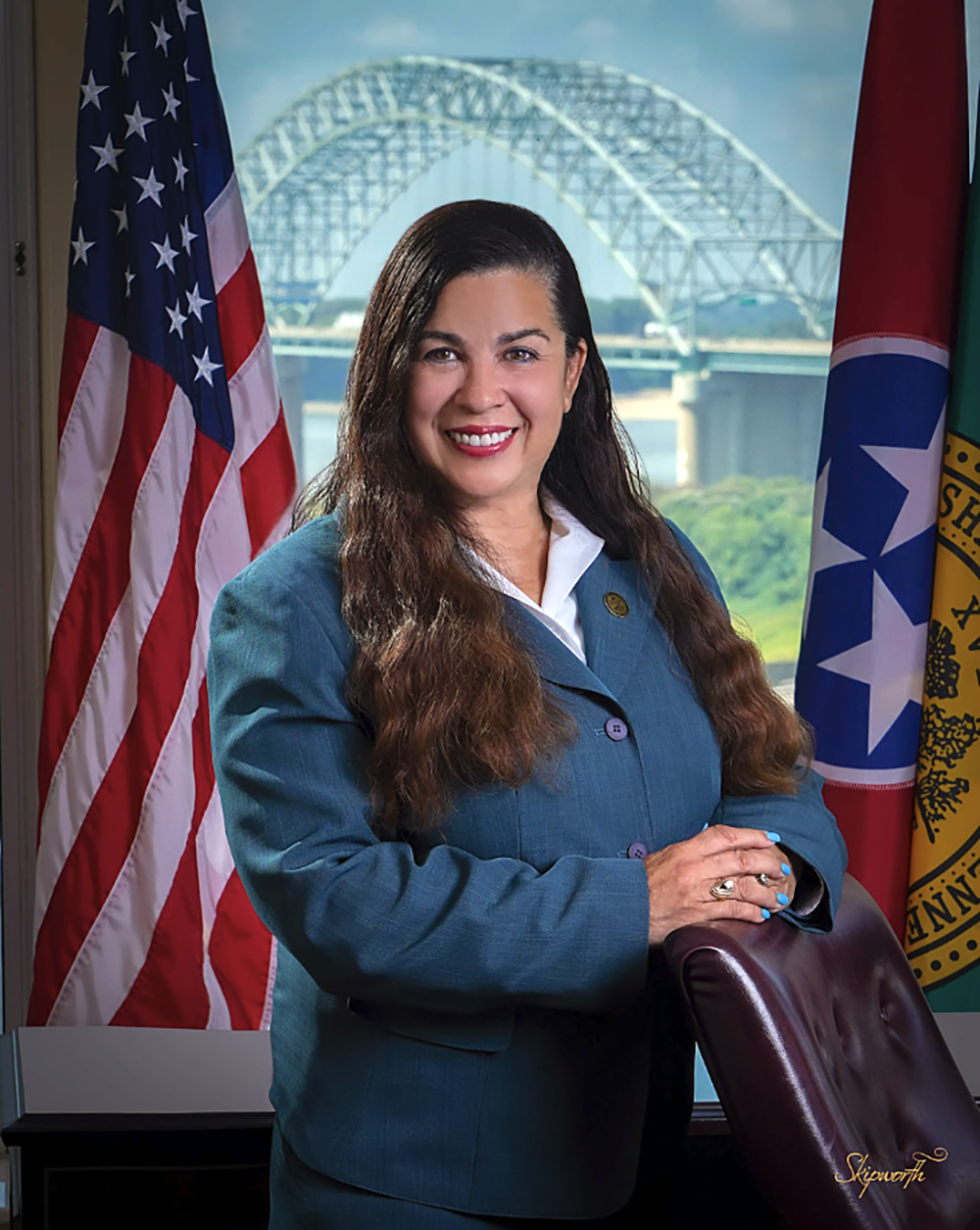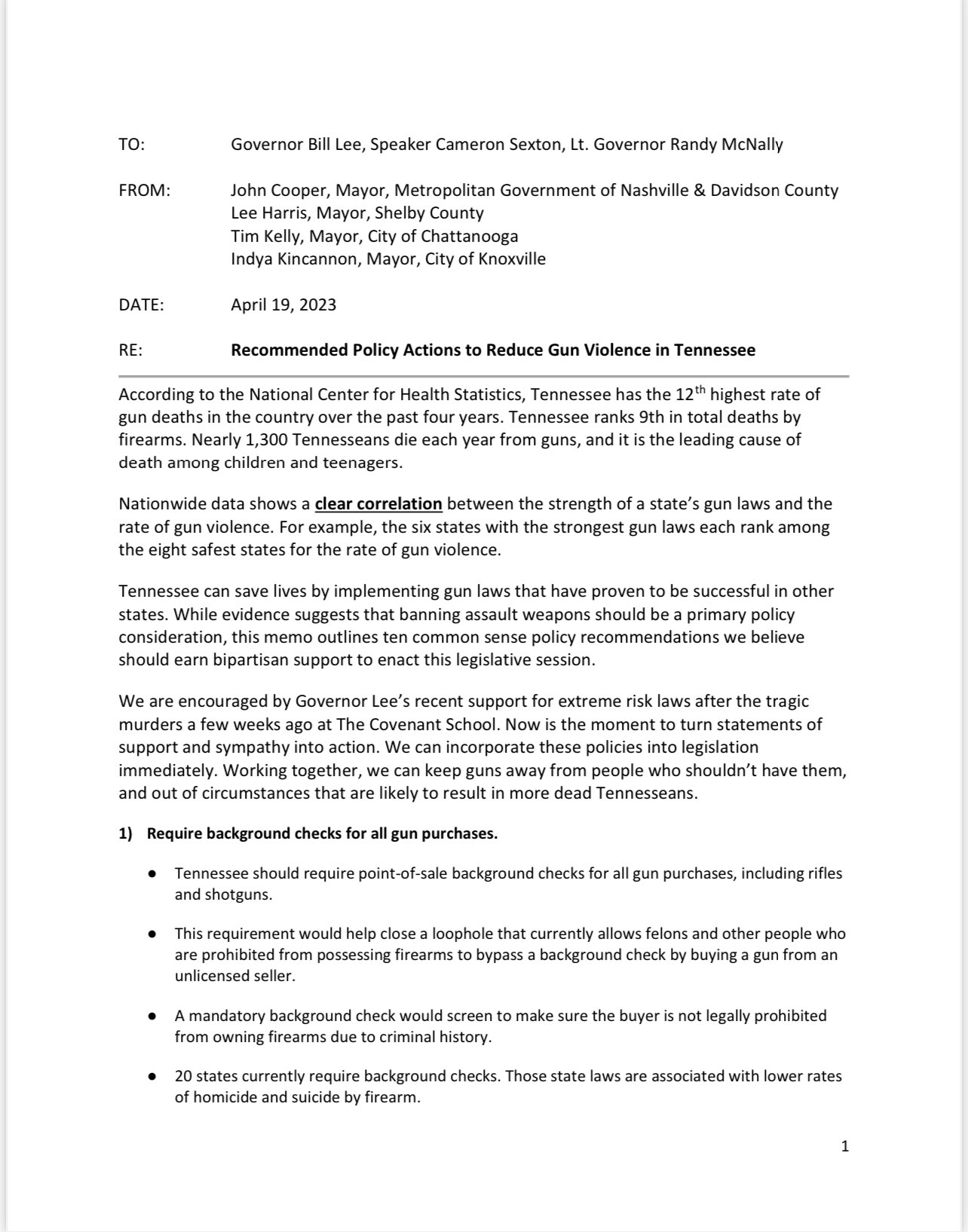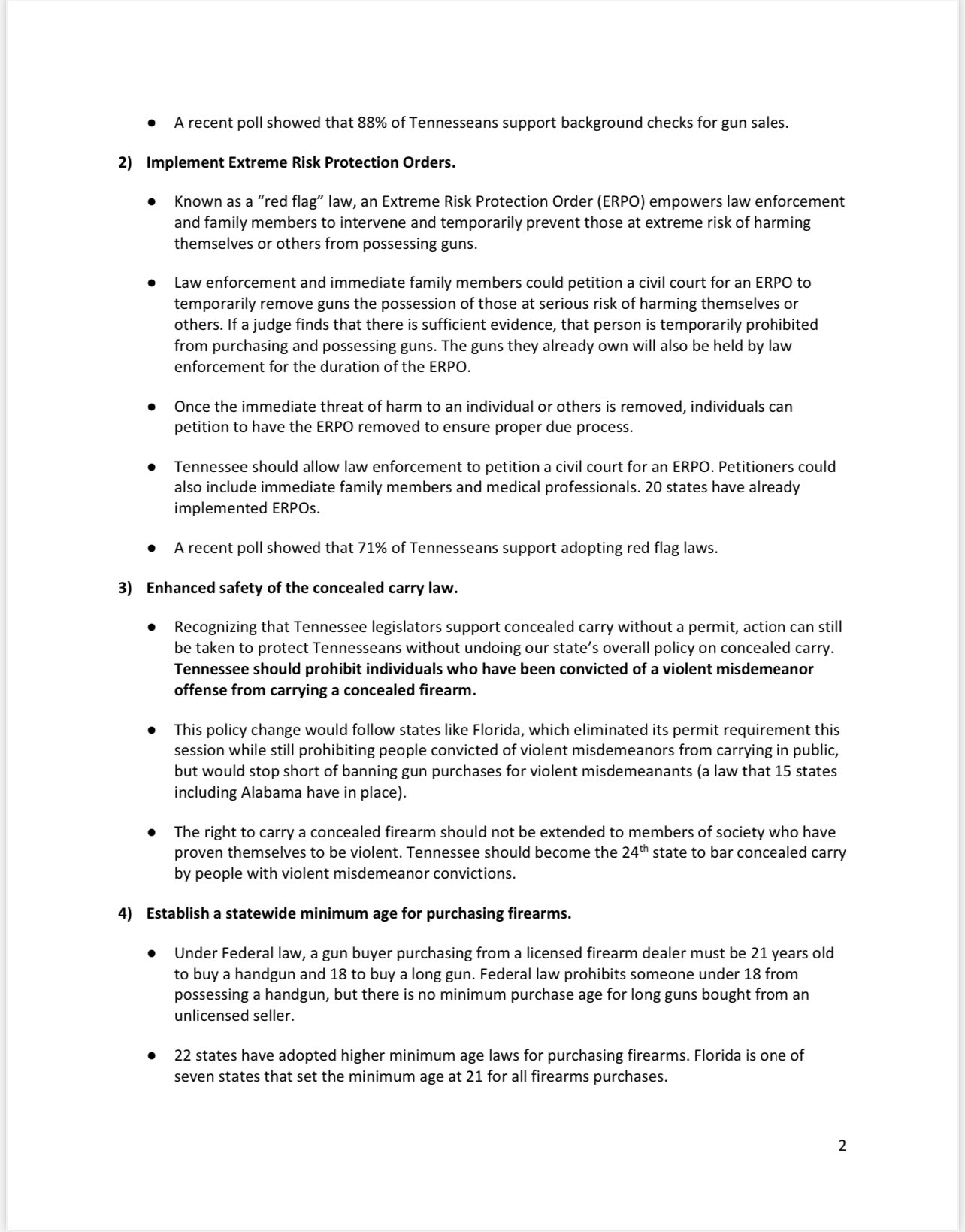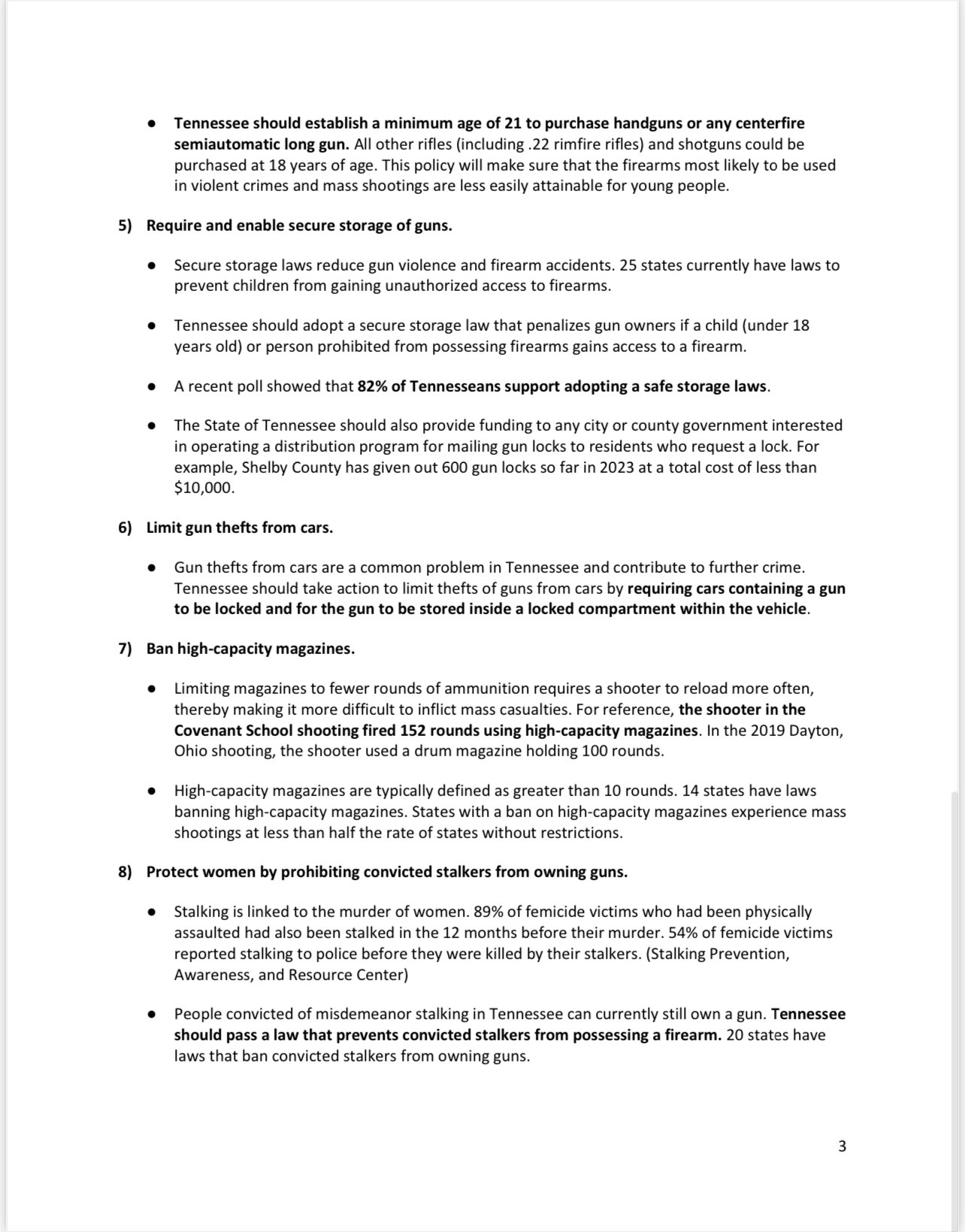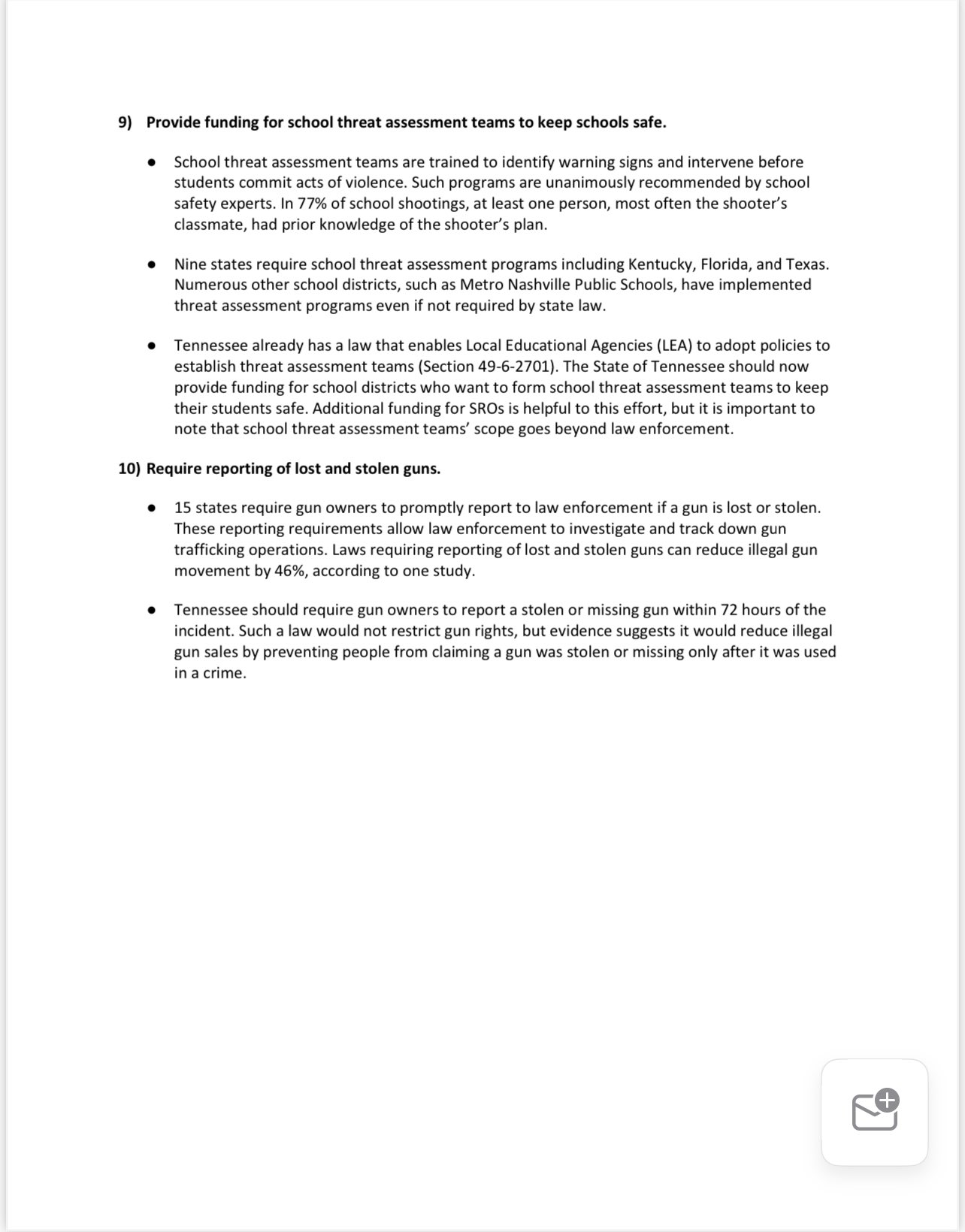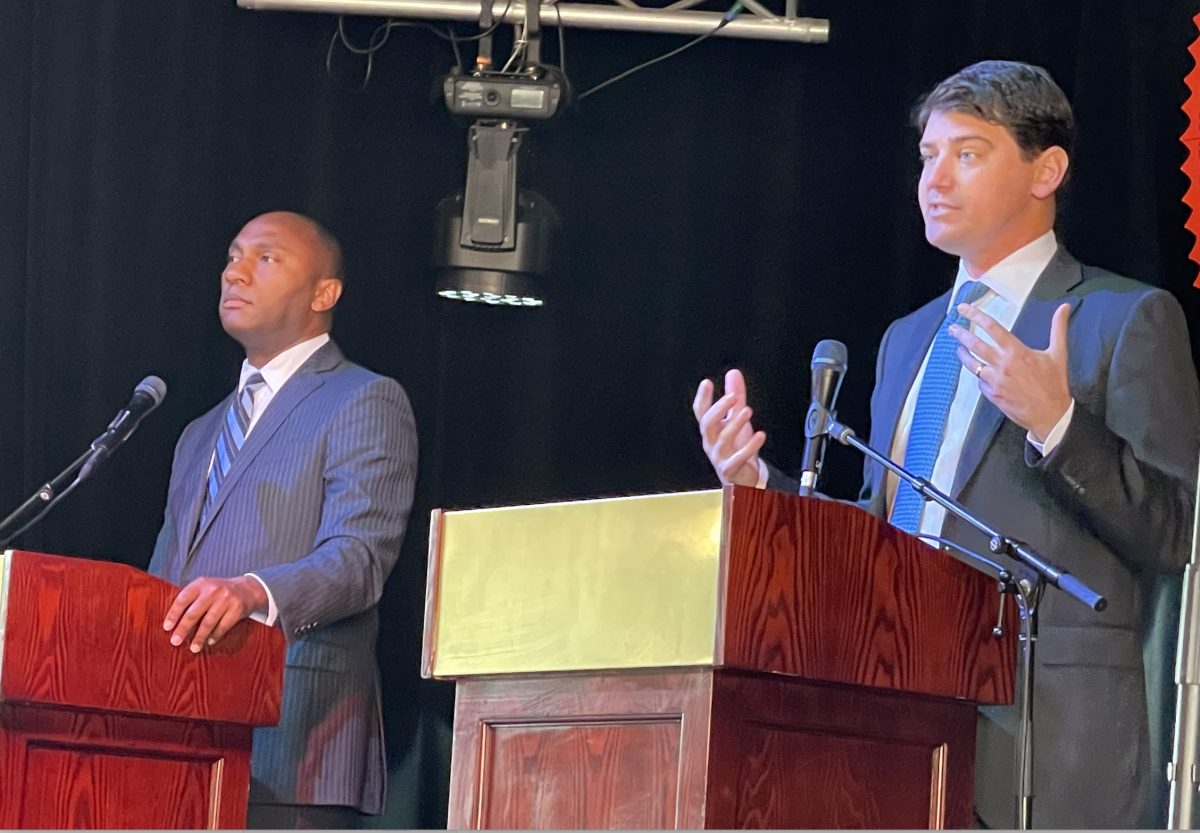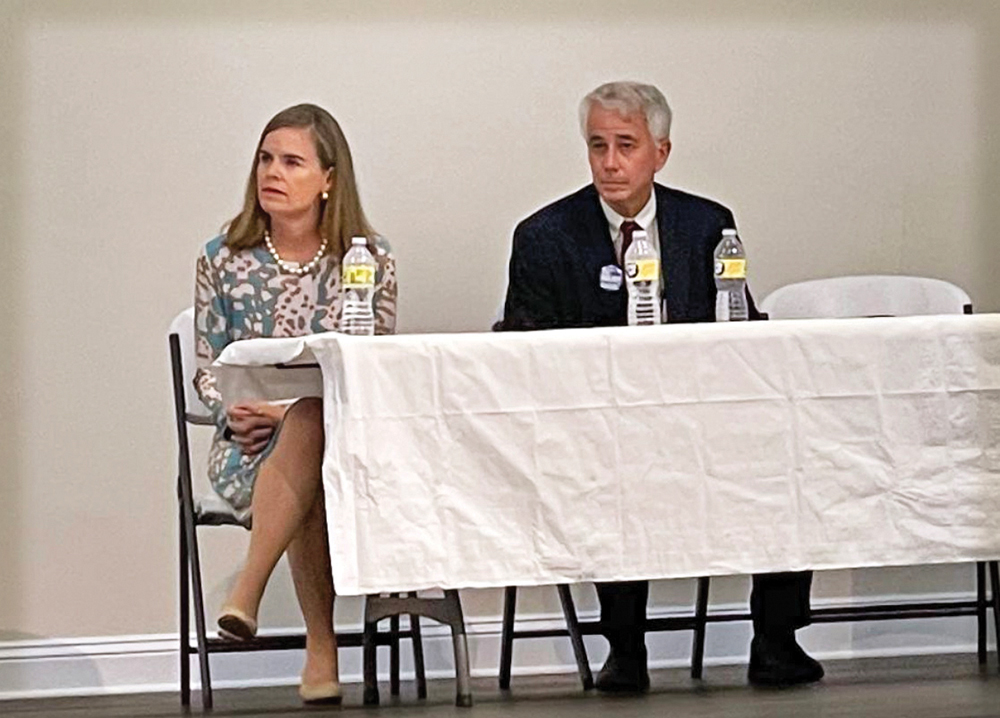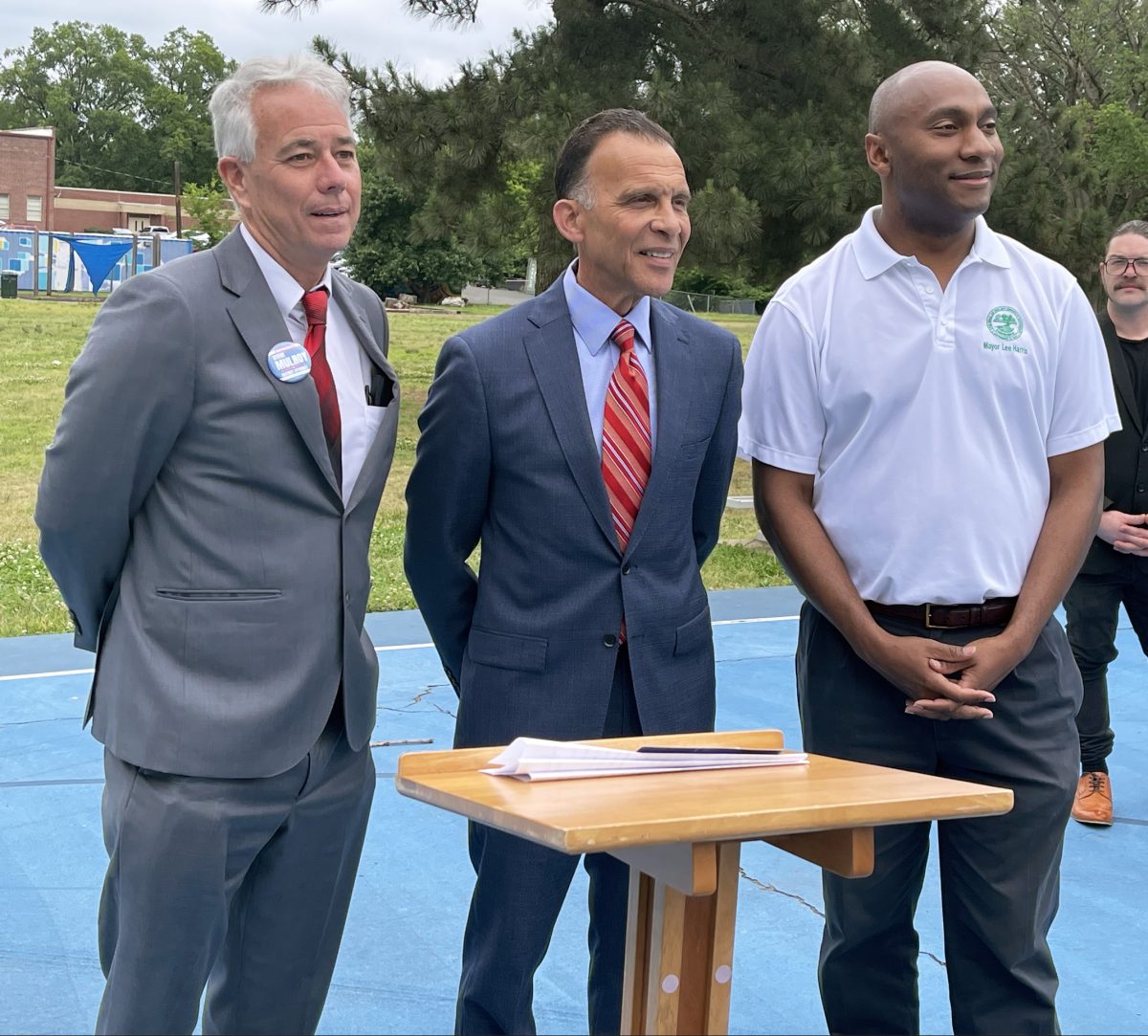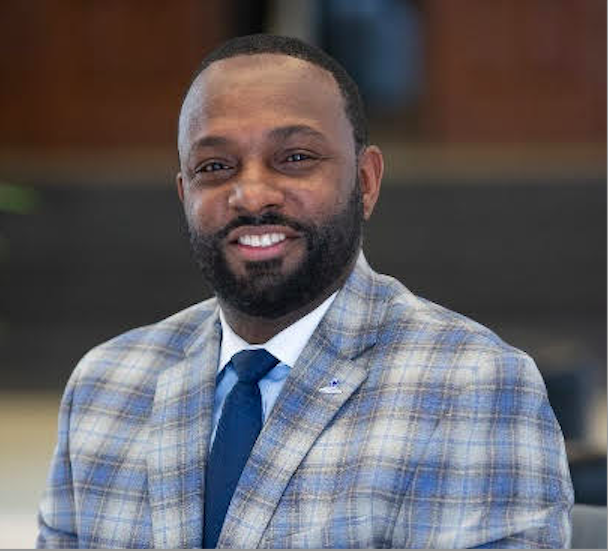While Republicans in Nashville were still smarting from the defeat — early in the week — of their hopes to host the 2024 Republican National Convention in the state capital, Democrats in Shelby County were rejoicing over their second straight sweep of countywide positions in the August 4th election.
To start with the most closely followed of all the races, the one for Shelby County District Attorney General: early voting totals, coupled with mail-ins, showed Democrat Steve Mulroy well ahead of incumbent Republican DA Amy Weirich, 76,280 to 59,364. As Mulroy correctly told his delirious election-night crowd at his Poplar Avenue headquarters, barring a statistical improbability, he had become the first Democratic DA in Shelby County history.
Fellow Democrat Lee Harris, operating out of the same HQ, was comfortably ahead of Republican challenger Worth Morgan, 78,552 to 56,789, thereby winning a second four-year term as Shelby County Mayor for his own reformist mission.
Completing a trifecta of sorts, Memphis Municipal Judge Tarik B. Sugarmon had apparently won out in a four-candidate race over Republican incumbent Dan Michael for the position of Juvenile Court Judge, with 53,267 votes to Michael’s 40,720. William Ray Glasgo and Dee Shawn Peoples were also-rans.
Though his was a non-partisan race, Sugarmon, who had lost to Michael eight years earlier, campaigned at times with Mulroy and Harris. The three of them had made a ceremonial visit, late on election day, to the statue of Ida B. Wells on Beale Street, where they had issued a call for late voters to turn out.
In other results, who would have thought that Charlotte Bergmann, largely written off as a perennial candidate for the Republican nomination for Congress in the 9th District, would dust off a new face, entrepreneur Brown Dudley, who had lots of money and the apparent ability to make a real race in the fall against 9th District Democratic Congressman Steve Cohen (the odds-on favorite to win again)?
Bergmann prevailed over Dudley, 9,382 to 7,811, a win for long-term party fidelity. All bets are on Cohen, though, in November. The 9th District is wall-to-wall Democratic, the last such in Tennessee after ruthless GOP gerrymandering.
8th District Republican incumbent Congressman David Kustoff easily won out in a four-candidate race to seal his renomination and will take on Democrat Lynnette Williams in the fall.
GOP Governor Bill Lee will compete in the fall with Democratic nominee Jason Martin of Nashville, winner of a three-way Democratic primary with Memphians JB Smiley and Carnita Atwater. Smiley won in Shelby County.
Sheriff Floyd Bonner, the Democratic nominee and the Republican endorsee, finished with 96,289, blowing away two independent candidates.
Assessor Melvin Burgess, a Democrat, had fairly easy going over Republican challenger Steve Cross, 51,517.
Democrat Jamita Swearengen, 79,329, defeated Republican Soheila Kail, 51,801, for Circuit Court Clerk.
Incumbent Trustee Regina Newman, also a Democrat, had similar ease over the GOP’s Steve Basar, 80,327 to 51,746.
Incumbent Criminal Court Clerk Heidi Kuhn won 81,223, over the GOP’s Paul Houston, 49,772.
Democrat Janeen Gordon was unopposed for Juvenile Court Clerk.
Democratic incumbent Wanda Halbert survived a scare from Republican Jeff Jacobs, with 65,520 votes to Jacobs’ 54,519. Harold Smith had 13,699 in third place.
As expected, Democrat Willie Brooks won Register of Deeds, 76,801 to Bryan Edmiston’s 50,191. George “Dempsey” Summers had 4,896.
Unofficial early indications were that all Shelby County legislative incumbents won their primary races. More details to come soon on vote totals and matchups for the fall.
As anticipated, there will be 9 Democratic members of the 13-member Shelby County Commission. Winners are Amber Mills, R, District 1; David C. Bradford Jr., R, District 2; Mick Wright, R, District 3; Brandon Morrison, R, District 4; Shante Avant, D, District 5; Charlie Caswell, D, District 6; Henri Brooks, D, District 7; Mickell Lowery, D, District 8; Edmund Ford Jr., D, District 9; Britney Thornton, D, District 10; Miska Clay Bibbs, D, District 11; Erika Sugarmon, D, District 12; Michalel Wehaley, d, District 13.
The most competitive Commission race was between Whaley, with 7,036 votes, and Republican Ed Apple, 6,702.
Judicial Results:
Circuit court Judge Division I, Felicia Corbin-Johnson
Circuit Court Judge, Division II, Carol J. Chumney
Circuit Court, Division III, Valerie L. Smith
Circuit Court Judge, Division IV, Gina Carol Higgins
Circuit Court Judge, Division V, Rhynette N. Hurd
Circuit Court Judge, division VI, Cedrick D. Wooten
Circuit Court Judge Division VII, Mary L. Wagner
Circuit Court Judge, Division VIII, Damita Dandridge
Circuit Court Judge, Division IX, Yolanda Kight Brown
Chancellor, Part I, Melanie Taylor Jeffe
Chancellor, Part II, Jim Kyle
Chancellor, Part III, Joe Jenkins
Probate Court Judge Division I, Kathleen N. Gomes
Probate Court Judge Division II, Joe Townsend
Criminal Court Judge Division I Paula Skahan
Criminal Court Judge Division II Jennifer Fitzgerald
Criminal Court Judge Division III, James Jones
Criminal Court Judge, Division IV, Carolyn Blackett
Criminal court Judge Division V, Carlyn Addison
Criminal Court Judge Division VI, David Pool
Criminal court Judge Division VII, Lee V. Coffee
Criminal Court Judge, Division VIII, Chris Craft
Criminal court Judge, Division IX, A. Melissa Boyd
Criminal Court Judge, Division X, Jennifer J. Mitchell
General Sessions Civil Court, Division 1, Lynn C obb
General Sessions Civil Court, Division 2, Phyllis B. Gardner
General Sessions Civil Court, Division 3, Danielle M. Sims
General ESessions Civil Court, Division 4, Deborah Henderson
General Sessions Civil court, Division 5, Betty Thomas Moore
General Sessions Civil Court, Division 6, Lonnie Thompson
General Sessions Criminal Court, Division 7, Bill Anderson
General Sessions Criminal Court, Division 8, Lee Wilson
General Sessions Criminal court, Division 9, Sheila Bruce-Renfroe
General Sessions, Criminal court, Division 10, Greg Gilbert
General Sessions Criminal court, Division 11, Karen L. Massey
General Sessions, Criminal Court, Division 12, Ronald Lucchesi
General Sessions Criminal Court, Division 13, Louis Montesi
Environmental Court Division 14, Patrick M. Dandridge
General Sessions Criminal Court, Division 15, Christian Johnson
These judicial results, preliminary only, are subject to appeal and possible recount. Several races are very close.
County School Board District 1: Michelle McKissack
County School board, District 6, Keith Williams
County School Board, District 8, Amber Huett-Garcia
County School Board, district 9, Joyce Dorse-Coleman
